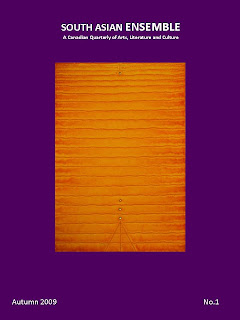“Identity and Cultural Dynamics Tribes of South Africa, Nigeria and North East India” Rajiv Gandhi University, Itanagar, Arunachal Pradesh, India October 28-30, 2009 A three-day International Multidisciplinary Seminar on “Identity and Cultural Dynamics: Tribes of South Africa, Nigeria and North East India” is being organized by Rajiv Gandhi University, Itanagar, Arunachal Pradesh, India in collaboration with the African Studies Association of India, New Delhi, from October 28 to 30, 2009. Papers are invited on any of the sub- themes of the seminar. Please send in the abstracts (not exceeding 300 words) by 30th September 2009 and full research papers by 15 October 2009. For further details please contact: 1. Dr. Shreya Bhattacharji Seminar Coordinator Email: bhattacharjishreya@gmail.com shreya_bhattacharji@yahoo.com shreya_b3@rediffmail.com 2. Mr. Miazi Hazam Email: miazimiazi@rediffmail.com “Identity and Cultural Dynamics Tribes of South Africa, Nigeria and North ...
